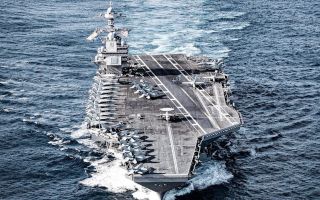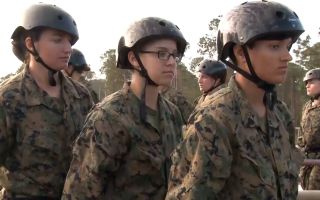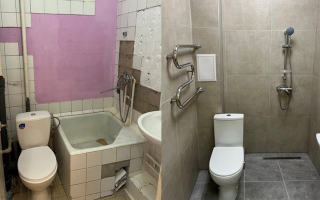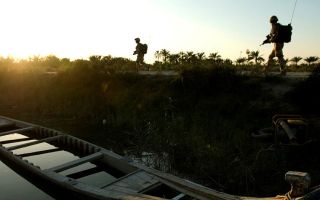Education Is Key In Deployment Decisions, Former Military Chiefs Tell MPs
Three former military chiefs have told MPs that more education is needed to ensure the Government makes the right decisions when it comes to deploying the Armed Forces.
While debating whether to authorise action brings transparency, it might not always bring about the best results they said.
They noted the 2003 vote on Iraq set a precedent that changed the way military decisions are made.
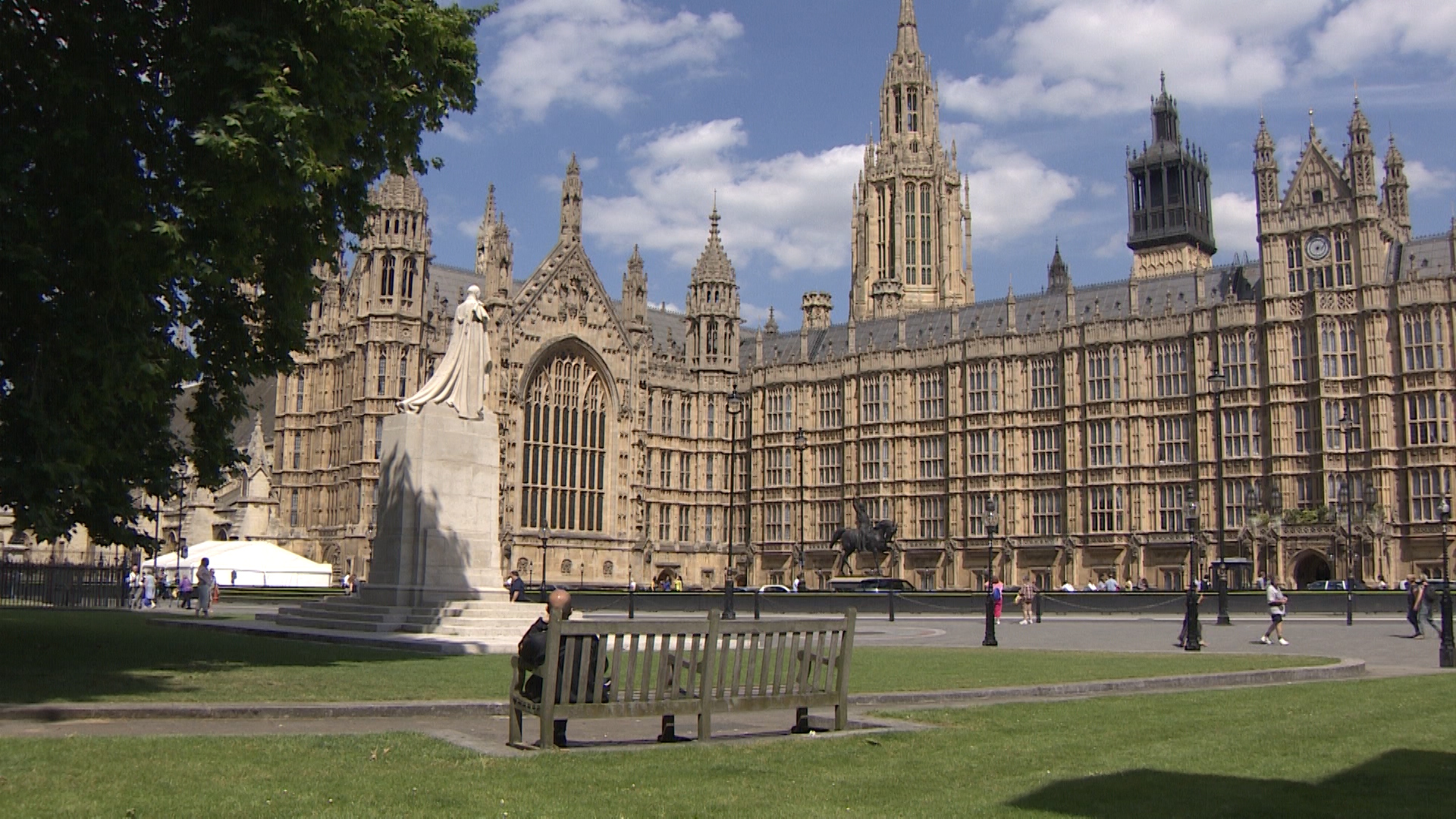
Asking MPs to vote on whether troops should be sent into Iraq was a turning point in British democracy.
But while the decision to ask for parliamentary approval was a first, former First Sea Lord Admiral Lord West says he believed the decision to invade had already been made.
He told MPs: "I was told as Commander-in-Chief (fleet) in June, after Camp David meeting, that we would be invading Iraq with America in the beginning of the following year."
Lord West said he issued a message to the fleet and the Royal Marines to be "ready for war in the Northern Gulf by December 31", and sent a mine countermeasures force fleet to the region.
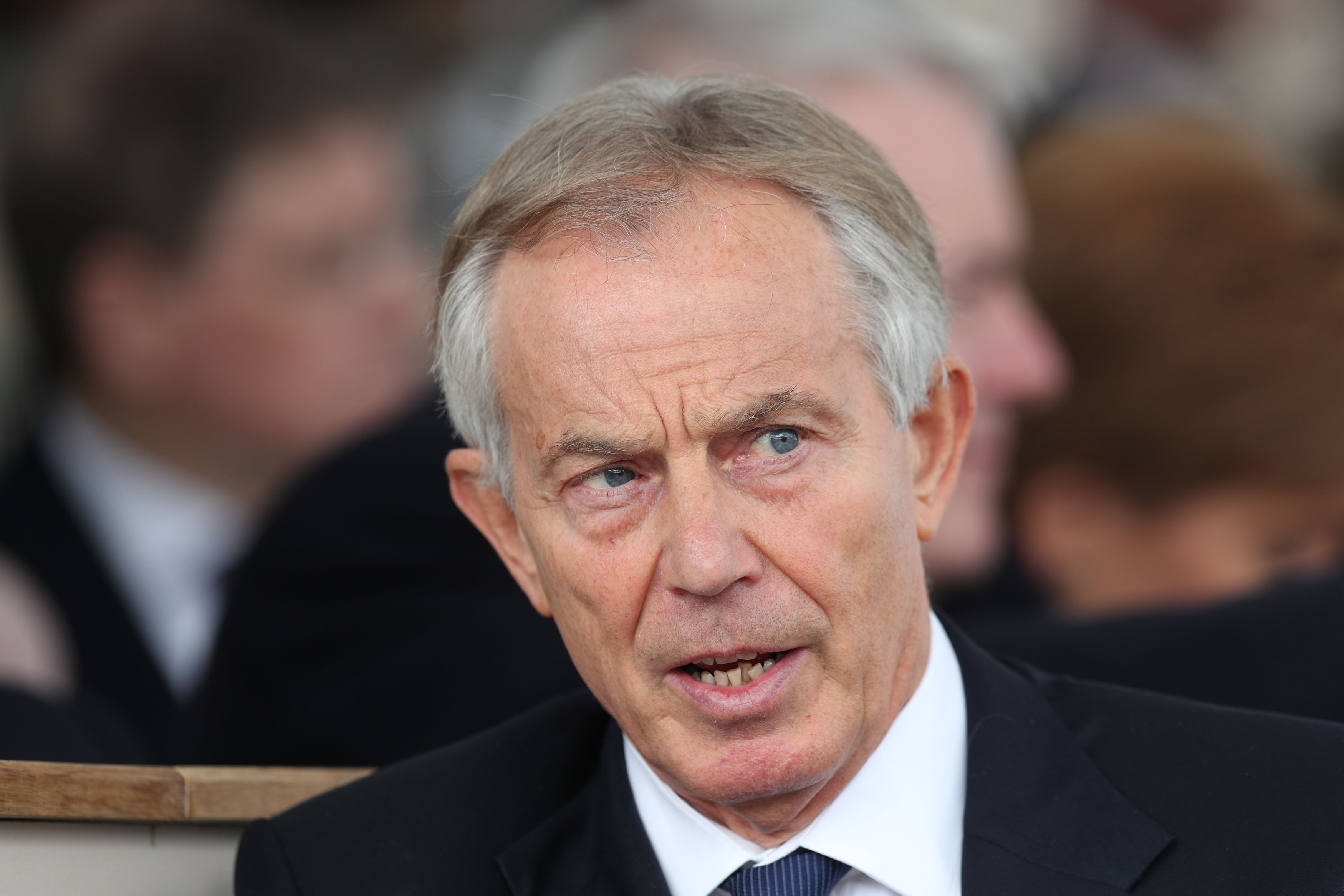
Promoted to First Sea Lord at the end of August 2002, he said at the Ministry of Defence he was "amazed to find" people were "walking back" and saying they were not sure if it was going to happen.
"It was quite clear the Government were thinking we have to get Parliament and others on side."
Admiral Lord West, Air Chief Marshall Sir Glenn Torpy and General Sir Richard Barrons were brought before the Public Administration and Constitutional Affairs Committee, to give their thoughts on the role of Parliament in authorising military force.
While debate brings transparency, they said, it may not always be the best route to success, cutting the time available to prepare and deploy troops and, Air Chief Marshall Sir Glenn Torpy said, undermining trust with coalition partners:
"Iraq is a very good example where the US, because they were uncertain of the UK's position on the final outcome, had to effectively develop a separate plan which did not have UK forces involved.
"I think it's much more complicated than some people appreciate."
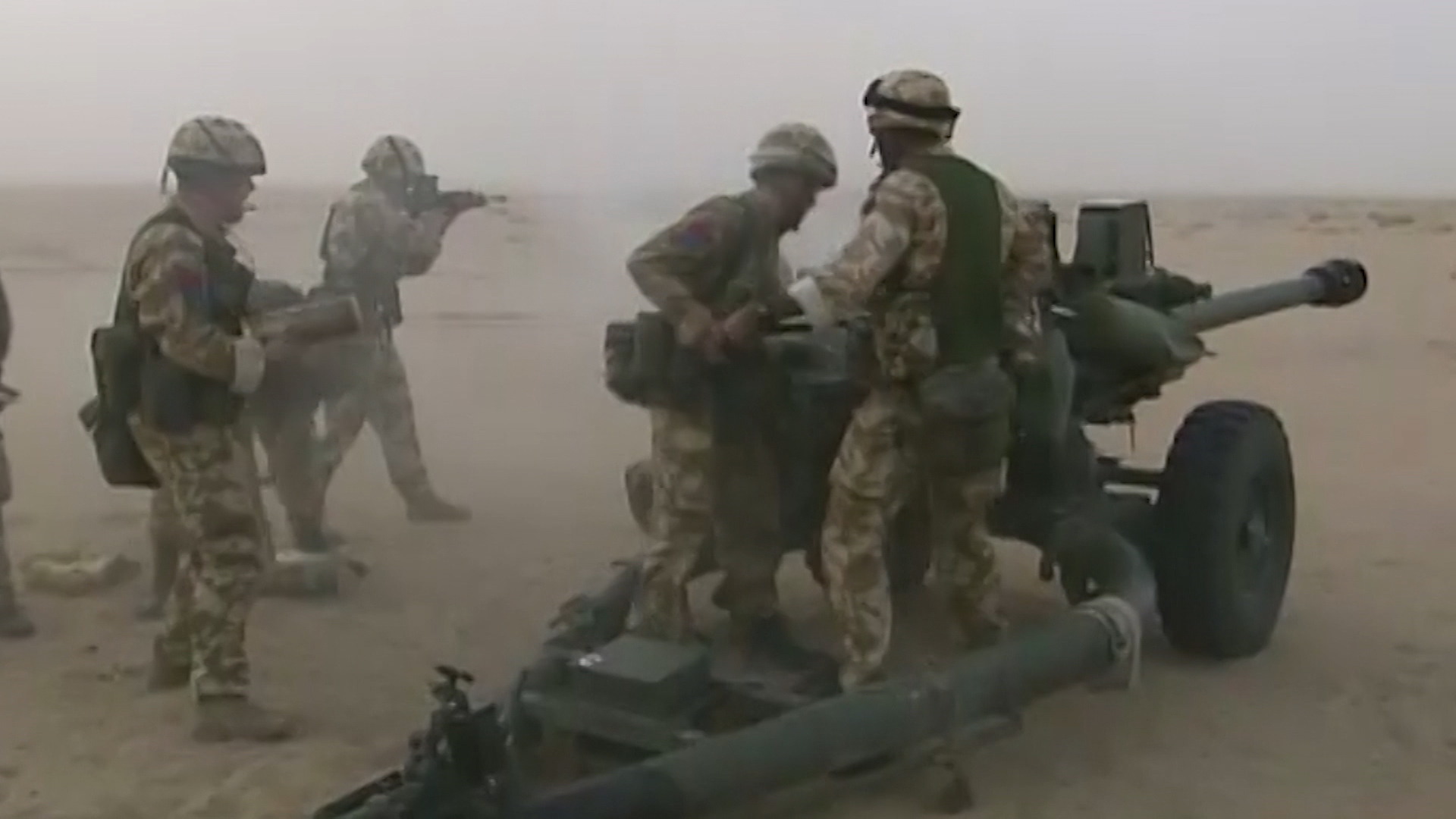
There were also questions raised over Parliament’s collective expertise, when the majority casting votes in the commons have little or no military experience.
General Sir Richard Barrons, former Commander Joint Forces Command, said: "There's a massive failure in the education and training of political leaders, who often have no interest - bar a very few number - and have no training or education in the business of conflict and security, who come to it as a snapshot, who have to take - frankly - quite important decisions, and don't even share a common lexicon with their officials.
"The officials in Whitehall don't even speak the same language, so our conversations in our political discourse about conflict and security are generally uninformed and poor."
Iraq did, they said, set a precedent - a legacy of public debate, that may not always bring best results.



